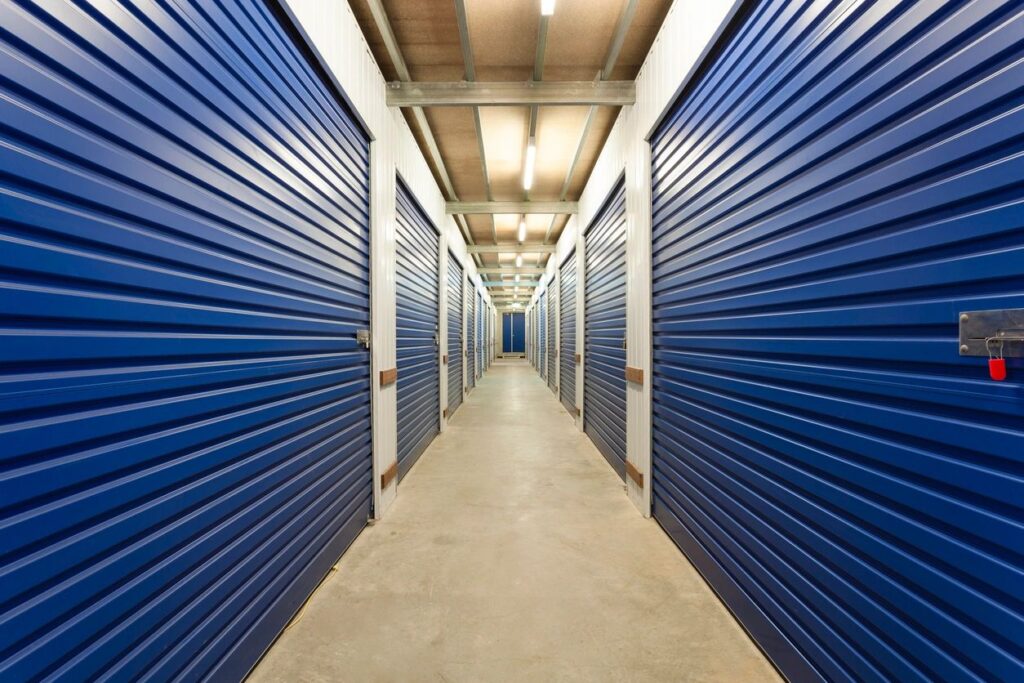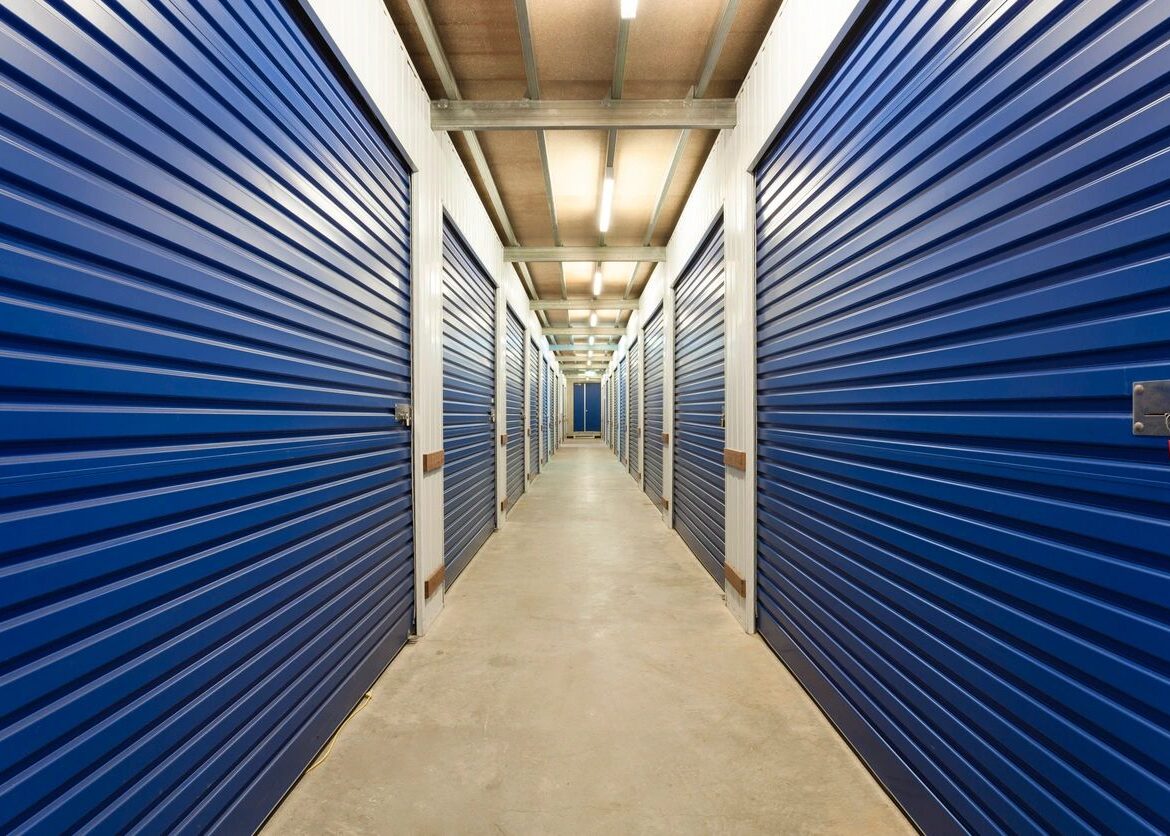Short-Term Vs. Long-Term Storage: What’s The Best Option?
Short-Term Vs. Long-Term Storage: What’s The Best Option?
When deciding on a self-storage solution, one of the most important factors to consider is the duration of your rental. Should you opt for short-term or long-term storage? Each option has its advantages, and the right choice depends on your specific needs. To make the best decision, it is essential to understand the differences between the two and how they align with your situation. This guide will help you determine which storage type suits you best.
What is Short-Term Storage?
Short-term storage typically refers to rentals lasting a few weeks to a few months. This option is ideal for several situations, including:
- Moving or Relocating: If you’re in between homes or waiting to settle into a new place, short-term storage can bridge the gap.
- Temporary Decluttering: Need to clear out space for an event or home renovation? A short-term unit provides a quick and easy solution.
- Seasonal Storage: Perfect for holiday decorations, winter gear, or summer sports equipment that you don’t need year-round.
- Short Business Storage: Useful for businesses managing temporary excess inventory, allowing for better organization and space management.

Pros of Short-Term Storage:
- Offers flexible month-to-month contracts, giving you the freedom to store without long-term obligations.
- Provides quick and easy access to items, which is beneficial if you need to retrieve them frequently.
- Works well for temporary needs, making it a convenient option for transitions.
- No long-term commitment required, so you can adjust your storage plan as needed.
Cons of Short-Term Storage:
- Typically has higher monthly rates compared to long-term options, making it less cost-effective over extended periods.
- May require frequent renewals, which can be inconvenient for those unsure of their timeline.
- Not always suitable for storing valuable or fragile items for a prolonged time, as frequent movement can cause damage.
What is Long-Term Storage?
Long-term storage usually refers to rentals of six months or longer. This option works best for those who need a reliable and secure space for extended durations. It is especially beneficial for:
- Extended Travel or Work Assignments: If you’re relocating abroad or taking an extended work assignment, long-term storage keeps your belongings safe.
- Storing Important Documents: Ideal for archiving paperwork, records, and legal documents that need to be preserved.
- Business Inventory & Equipment: Great for companies that require additional warehouse space without the high costs of commercial rentals.
- Downsizing or Estate Storage: If you have items that don’t fit in your current home but you want to keep for future use, long-term storage is a practical solution.
Pros of Long-Term Storage:
- Generally comes with lower monthly costs compared to short-term options, making it more budget-friendly.
- Ensures a secure and protected environment for valuable belongings, giving you peace of mind.
- Reduces the hassle of renewing contracts frequently, simplifying your storage experience.
- Ideal for business storage and long-term planning, offering a reliable space for important assets.
Cons of Long-Term Storage:
- Requires a longer commitment, which may not be ideal for those needing flexibility.
- Items may not be as easily accessible, requiring prior planning to retrieve stored belongings.
- There is a higher risk of forgetting what’s stored over time, making inventory management important.
How to Choose the Right Storage Option
To determine the best storage option for you, consider the following:
- How Long Do You Need Storage? If it’s less than three months, short-term may be better. If longer, opt for long-term to save on costs.
- What Are You Storing? Delicate, seasonal, or frequently needed items are better suited for short-term. Long-term is best for infrequent-use items that need safekeeping.
- Budget Considerations: Short-term storage has flexible pricing, but long-term storage offers better discounts, which can be more cost-efficient in the long run.
- Accessibility Needs: If you need frequent access, short-term storage in a convenient location is ideal. On the other hand, if your items don’t require regular retrieval, long-term storage can offer a more economical solution.
Finding the Best Storage Solution
Regardless of whether you need short-term or long-term storage, choosing a reliable storage provider is key. MyStorage offers flexible options to suit both short-term and long-term needs, with competitive pricing and secure facilities. By comparing different options, you can find the perfect fit based on your specific requirements.
Conclusion
Both short-term and long-term storage have their benefits, and the right choice depends on your individual requirements. By evaluating your storage needs, budget, and accessibility preferences, you can make an informed decision. Whether you need temporary storage for a transition period or a long-term solution for safekeeping, MyStorage has you covered. Start comparing options today and find the perfect storage solution for your needs!
Conclusion
Both short-term and long-term storage have their benefits, and the right choice depends on your individual requirements. By evaluating your storage needs, budget, and accessibility preferences, you can make the best decision. Start comparing options today on MyStorage and find the perfect storage solution for you!

